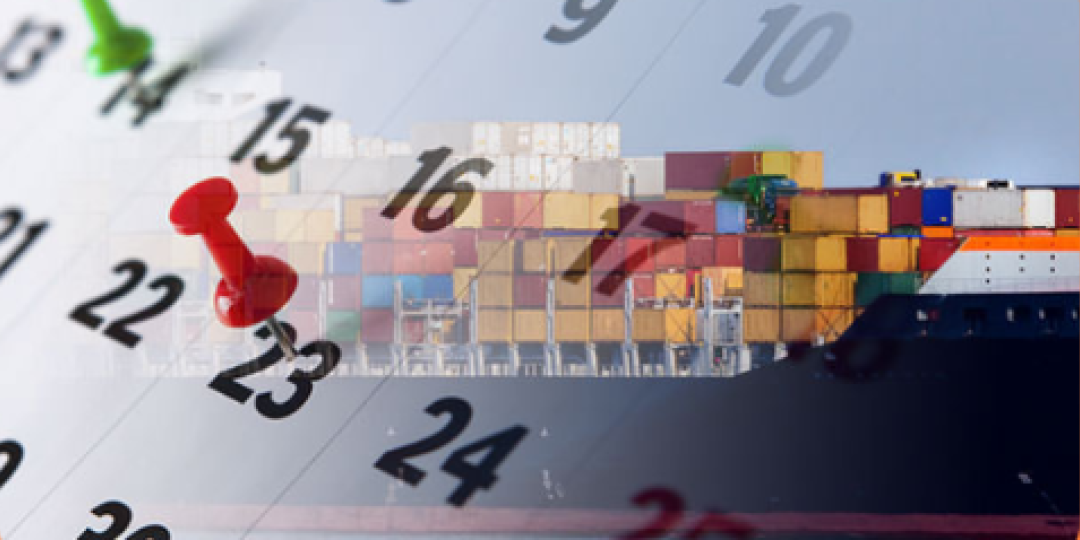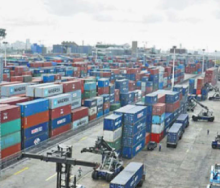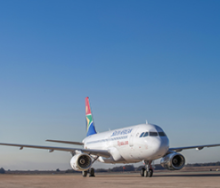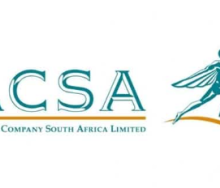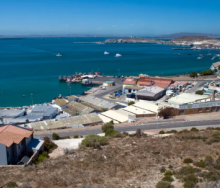Liner trade schedule reliability has shown significant fluctuations so far this year, especially in July when month-on-month on-time accuracy decreased by 2.1% to 52.1%, a year-on-year decrease for the same mid-year period of 12%.
Mostly linked to attacks on maritime traffic by Houthi rebels operating in the Red Sea, which consequently caused cargo carriers to avoid the Suez Canal by sailing around Africa on east-west rotations, vessel calls were, on average, at least five or more days late.
Maersk, which according to various shipping data platforms emerged as the most reliable carrier with a 54.6% accuracy compared to 12 other lines, believes it can push reliability to 90% once its new vessel-sharing arrangement with Hapag-Lloyd comes into effect on February 1 next year.
Speaking on the first day of the Xeneta Summit in Amsterdam, Kenni Skotte, vice president and head of Ocean Network Product at Maersk, said: “We are not scared by the 90% number because we believe we can do it.”
However, he acknowledged that when shippers and their freight forwarding agents looked at schedule reliability in the market today, it was hard to imagine.
The Gemini Cooporation will effectively end the 2M alliance between Maersk and MSC at the end of next January, with the latter believing its substantial fleet growth to about 850 vessels will enable it to improve schedule reliability without entering into further vessel-sharing arrangements.
Addressing journalists at the Port of Felixstowe recently, Maersk COO Karsten Kildahl warned against overcapacity in the global shipping fleet.
Kildahl said although maritime traffic through the Suez may not be restored any time soon, while shipping risk south of the waterway remained in the red zone, he had no doubt that sailings through the shorter east-west link would be restored as soon as was safely possible.
When that happened, too many vessels in the supply chain network were going to backfire on the liner trade, Kildahl said.
He added that Maersk and its new alliance partner were advising clients to be operationally ready for reuptake of traffic through the Suez.
For the meantime, though, Gemini is fully committed to becoming the most reliable vessel-sharing service for longer Europe-Asia rotations around Africa.
